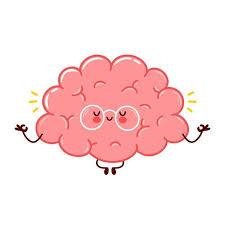

Ariana Li
Class of 2025Fort lee, New Jersey
About
Projects
- Unraveling the Neurochemical Relationship Between Social Media and Attention Span with mentor Rachel (Oct. 7, 2024)
Ariana's Symposium Presentation
Project Portfolio
Unraveling the Neurochemical Relationship Between Social Media and Attention Span
Started Apr. 18, 2024

Abstract or project description
Social media has become integrated into our daily lives and leaves an impact on our attention and self-control. Because of the popularity of short-form content, it has led to major deficits to attention span. Being able to understand the changes of brain chemistry enables people to improve their attention and mental health. In this paper, we explore dopamine pathways and other neurotransmitters' relationship with attention and social media addiction. Depending on which generation a person is part of, the possibility of different groups becoming addicted to social media can vary. Here, we analyze the differences in social media usage in young versus aged individuals and how their brain chemistry differs depending on their usage. We have found that younger generations who have grown up with social media have an increased tendency to addiction and reduced attention span. This is due to altered dopamine release which feeds into pathways of addiction, affecting one’s attention span. As older individuals use social media less overall, they are not as affected by social media addiction and have fewer deficits in attention span. Many of these topics are interconnected with one another and further exploration of these overlapping subjects of neural mechanisms can lead to methods for improving the impacts of social media addiction on people.